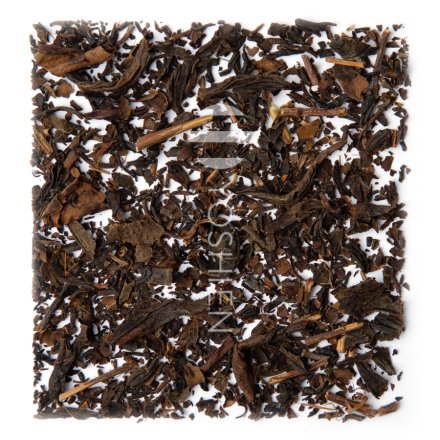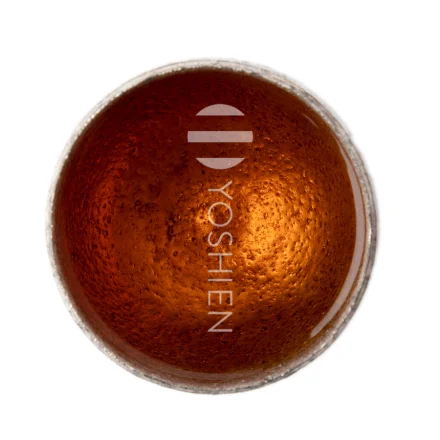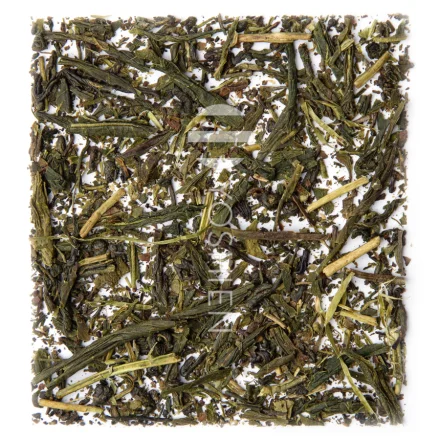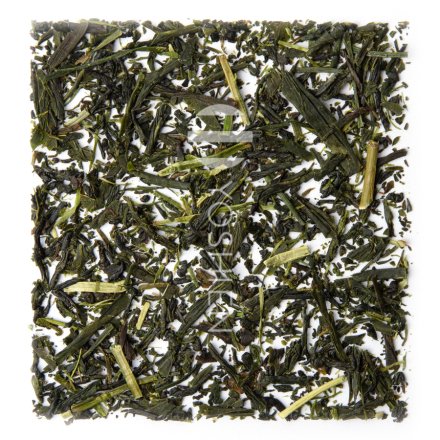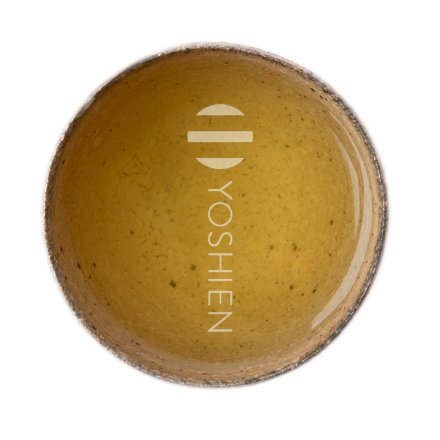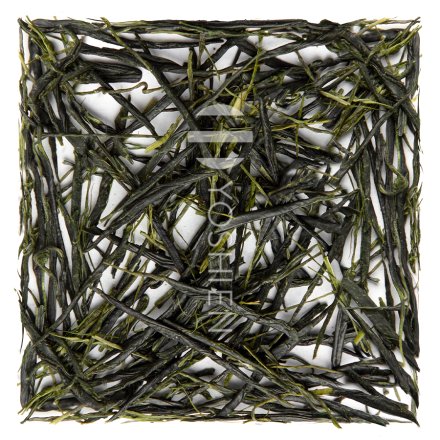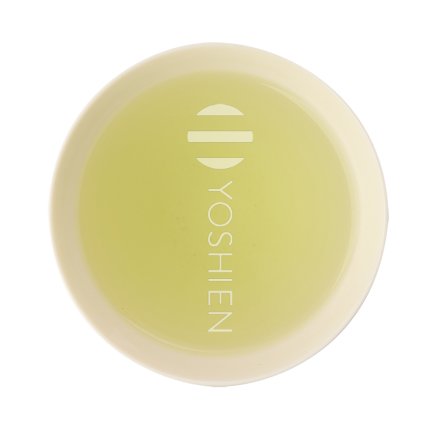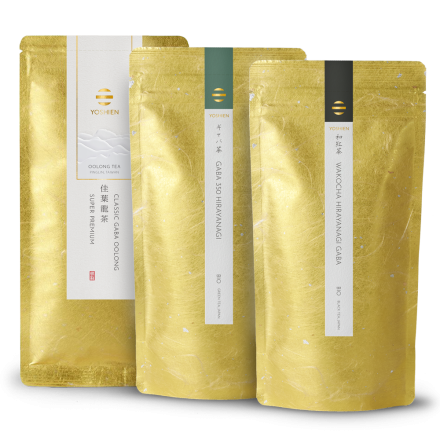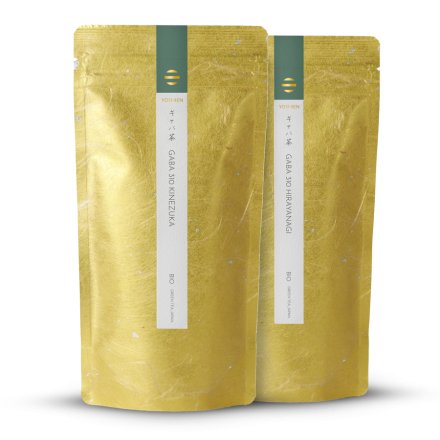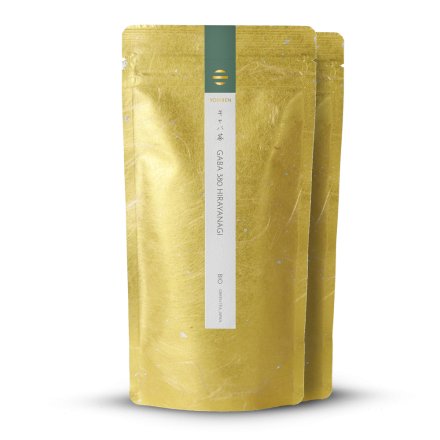YAMAHIRA EN
JAPAN'S BEST SENCHA FROM THE FOOT OF MT. FUJI
| Tea Farm: |
Yamahira En |
| Terroir: |
Sudo River Valley, Fuji, Shizuoka, Japan |
| Elevation: |
300m above sea level |
| Organic Cert.: |
EU certified organic & JAS organic |
| Focus: |
GABA sencha, temomi-cha, wakocha, hojicha |
Yamahira En is a tea garden with a long tradition, great prestige, and a know-how in traditional temomi hand-rolling unmatched in Japan. Run by 4th generation Mr. Hirayanagi Toshihiro, Yamahira En specialises in the time-honoured soul of Japanese tea: sencha grown in full harmony with nature, carefully steamed in small batches, and finally rolled under the hands of Master Hirayanagi trained by decades of experience. Picturesquely situated at the south-eastern foot of Mt. Fuji, the fields are characterised by lush nature and are particularly fertile thanks to the volcanic ash of Mt. Fuji and the clear mountain water of the Sudo River. Since 2003, the tea has been grown here without pesticides and artificial fertilisers in harmony with the surrounding nature, and in 2021, the elaborate JAS Organic certification finally followed. As one of Japan's greatest tea rolling masters, Mr. Hirayanagi succeeds year after year in producing hand-rolled sencha of unrivalled quality, thus keeping the centuries-old tradition of Temomi alive with his unbridled passion for tea. For Mr. Hirayanagi, tea is more than just an economic good – almost as an antithesis to modernity, he sees tea as a beverage that requires tranquillity and a deep understanding that has matured over the years and – if it is produced with the necessary care and dedication – gives revival and refreshment to the body and heart.
SUDO RIVER VALLEY - BETWEEN MOUNTAIN WATER AND FUJI VOLCANIC ASH
In the southeast of Mt. Fuji lies the approximately 1500m high Ashitaka Mountain, from which not only a magnificent view of the sacred Mt. Fuji can be enjoyed, but whose lower slopes also grow tea of extremely high quality. The fields of Yamahira En are located along the Sudo River, which meanders leisurely down the western flank of Mt. Ashitaka and finally flows into the Pacific Ocean at Suruga Bay. Thanks to its proximity to Mt. Fuji, which to this day is considered a potentially active volcano, the soil is particularly fertile due to the volcanic ash that has been erupted over thousands of years. The volcanic ash contains many minerals, weathers easily and, as a water-storing material, helps the plants to absorb water slowly and continuously through the roots. Thanks to the close proximity to the Sudo River, the plants also experience natural sun protection from abundant fog, reducing the astringency of the tea and enhancing the fine-grassy, sweet flavours and umami.
YAMAHIRA EN'S CULTIVATION IN HARMONY WITH NATURE
In 1990, Mr. Hirayanagi left his salaried job and took over the tea farm from his father at the age of 36. While he initially continued conventional cultivation with pesticides and the addition of artificial fertilisers – as is almost the norm in Japanese agriculture to this day – he was increasingly overcome by doubts about this type of farming. This was in stark contrast to his understanding of tea not as a pure commodity and thirst quencher trimmed for efficiency and yield, but - following the original understanding of tea - as a kind of medicine that has a healing and stimulating effect on body and mind. Plant and insect poisons as well as chemical overfertilisation had little in common with this ideal, especially as the danger of these substances for the human body was very real and well known. Although he initially reduced the amount of chemicals brought to the field, even this compromise did not really satisfy him. Therefore, in 2003, he finally decided to radically change the cultivation and to entrust his plants exclusively to the natural cycle of life instead of pesticides and artificial fertilisers as before – according to the farm's motto "From the cycle of life energy to a cup of tea". Today, ladybirds and praying mantises adorn the delicate leaves of the tea plants as a matter of course, because for Mr. Hirayanagi, cultivation in harmony with nature means very concretely encountering the earth, the plants and insects, the rivers, and ultimately also people with openness, respect and gentleness. For the healthy growth of the plants, it is particularly important to Mr. Hirayanagi to use only organic fertilisers such as fish meal, soy pulp or reeds, because only these ensure that the microorganisms of the soil are doing well – an essential criterion for the availability of nutrients in the soil and consequently for the plants to thrive.
TEMOMI-CHA - THE "NUMBER ONE UNDER HEAVEN"
In the 19th century, as the story goes, Chinese and British tea merchants in Shizuoka officially designated the tea from the foot of Mt. Fuji as "Number One under Heaven" ("Tenkaichi"), because no other terroir in Japan or elsewhere produced a tea of such unrivalled quality. However, it was not only the terroir that contributed to this reputation, but in particular the technique of hand-rolling temomi, which has been passed down and refined over centuries. While today's tea rolling machines try to imitate hand rolling as much as possible, the quality is nowhere near that of master-rolled sencha. Only hand rolling, says Mr. Hirayanagi, can ensure that none of the fragile tea leaves suffer damage and begin to oxidise. Since officially taking over the farm, Mr. Toshihiro Hirayanagi began learning hand-rolling techniques. Like many other traditional arts in Japan, hand rolling is a world apart; in Shizuoka Prefecture alone, eight different styles have been passed down, of which Mr Hirayanagi learned the Ikuta style and still practices it today. After decades of devotion to the art of temomi, Mr. Hirayanagi first became the president of the Fuji-city Association for the Preservation of Temomi in 2011, president of the same association at the prefectural level (Shizuoka) in 2019, and finally president of the National Association for the Promotion of Temomi in 2021. In addition to common cultivars such as Yabukita and Saemidori, lesser-known cultivars are also found in the fields of Yamahira En, most notably the rare cultivar Harumidori, which Mr. Hirayanagi considers the optimal cultivar for the terroir and flavour of Temomi tea that he desires. After processing, the tea is then stored in a cave at a constant temperature to allow the flavours to settle, allowing Mr. Hirayanagi to live up to his claim of producing a tea truly worthy of the designation "number one under heaven".
COMMITMENT TO SHIZUOKA-CHA
In recent years, Japanese tea farming has faced a number of challenges: an ageing rural population and low interest among the younger generation in continuing family-run farms, a shift in national preference towards coffee rather than green tea that began decades ago, and a concomitant disappearance of kyusu and freshly brewed tea from households in favour of plastic-bottled cold tea are causing great concern to many of the remaining tea farmers. In the Shizuoka region in particular, both the production volume and the once great popularity of tea from the region seem to be declining year by year, while Kagoshima in particular, characterised by vast plains and huge tea plantations, is in contrast experiencing an upswing. For this reason, too, the Hirayanagi family is keen to promote the terroir and the Temomi tradition in a variety of ways. For example, the local tea museum "Cha no Miyako" regularly offers small workshops in temomi rolling for interested laypeople, at a price of only about €2. Mr. Hirayanagi's wife Keiko is also passionately committed to tea, whether in direct exchanges with customers, through matcha workshops in primary schools, or with guided tours of their own tea plantations. Fortunately, the continuation of the farm seems to be secured, as the eldest son Akihiko plans to follow in his father's footsteps and continue the farm in the 5th generation. With the tea-growing know-how he learned from his father and the hand-rolling skills he acquired through intensive instruction at Temomi, there is good reason to hope that this special tea from the foot of Mt. Fuji will continue to refresh our palates, bodies and hearts as "number one under heaven".
YAMAHIRA EN TEAS




